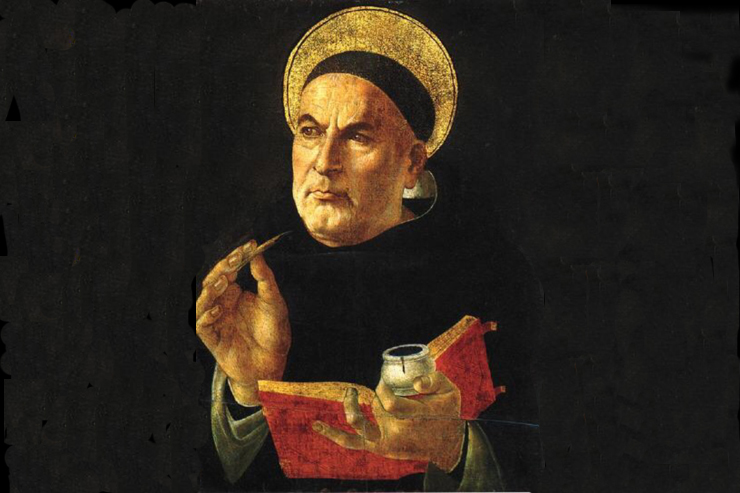
This week’s poem in the Catholic Poetry Room is by Johanna Caton, O.S.B.
Breaking Things
“It was very early on the first day of the week and still dark, when Mary of Magdala came to the tomb. She saw that the stone had been moved away. [. . .] She was standing outside near the tomb, weeping.” – Jn. 20:1, 11
Still early, very early, streets are dim,
she is the first to wake and run—her fear
surrounds her, pulses, pulls her to be near
his tomb, his broken body— him. Near him.
But everything swings strange for Magdalene:
she finds the tomb and sees the body’s gone,
and then she runs to tell the men, and John
and Peter run back with her—oh, fast; and then
she lets them race ahead, and she comes last,
and then she breaks.
She weeps, his tomb in sight.
It’s cold—she shivers but recoils from flight.
She’ll wait—for what? She doesn’t know. The past
is over—that she knows. Eternity
hangs heavily, indifferent to the paling dark
that’s breaking just enough for her to mark:
a man
emerging from behind the trees.
She sees: a gardener? Glances meet and glance
away, but neither speaks till she chokes:
“Sir!
If you have taken him…” But he is asking her
to tell him why she weeps. (He feints?—a dance
of sorts?) She peers through shadows, hears her name;
the cherished tones break through her thoughts: she knows—
“Rabboni,” tumbles out as rapid flow
of thought returns; she drops to kiss his maimed
feet.
Something breaks within his throat. His eyes:
black pools of horror lie in purpled depths,
the harrowing still haunts the slayer of death.
She sees it all and knows. Horizon flies
its flags of golden clouds as night recedes.
She knows: he asks her not to cling but she
has seen before he asked: the journey he
must make is broken, not complete: he needs
that place within the Father’s house—who waits:
prodigal with his crushing embrace.
Johanna Caton, O.S.B., is a Benedictine nun from Minster Abbey in Kent, England. Born in Virginia, she lived in the United States until adulthood, when her monastic vocation took her to England. She writes poetry as a means of understanding the work of God in her life, whose purposes and presence can be elusive until viewed through the more accommodating lens of art and poetry. Her poetry has appeared or will appear in Green Hills Literary Lantern, Time of Singing Christian Poetry Journal, The Ekphrastic Review, The Christian Century, Amethyst Review and other venues. She is a 2020 Pushcart Prize nominee.













